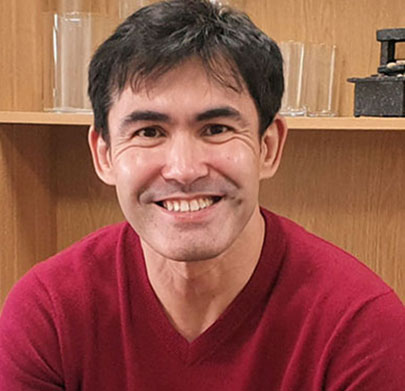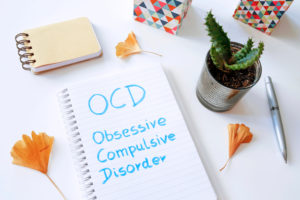
5 Tips for Dealing with Trauma
Stressful life events can undoubtedly change a person. Going through a traumatic event and experiencing anxiety, nightmares, flashbacks or even reliving that can occur with trauma and post-traumatic stress disorder (PTSD) on a regular basis can often leave you thinking that there is no way back.
The constant cycle of traumatic memories and flashbacks, anxiety, and attempting to get back to normality can be a struggle. As a result, day to day life can become a constant seesaw of trying to deal with negative thoughts and feelings.
With the help of a Trauma Focused Psychologist or Specialist Trauma Counsellor (such as those with Newcastle Psychologist & Counselling), it can become easier to deal with the fallout of a trauma and PTSD and its impact on everyday life.
Below are some helpful tips that might also help you manage your trauma symptoms:
Staying Socially Active
You may often want to be alone whilst trying to deal with trauma, as you may feel like you are being a burden on people around you. However, this may not be the best course of action, as talking about your feelings, spending time with trusted others and doing things that take your mind off events can be beneficial.
Connecting with new people, old friends or relatives can cause you to think about things other than the traumatic event. This can help to calm flashbacks and the suffering associated with it as well as reduce the feelings of isolation.
You don’t always have to talk about your trauma for this to have a positive effect, though if they are happy to listen, talking about how you feel with them might be beneficial.
Exercise
Exercise is known to be good for both body and mind. By exercising, you help adjust the hormone balance in the brain, which is beneficial when dealing with any type of psychological trauma. The endorphins released during exercise can also make you feel better, and being active can help psychologically by improving confidence and feeling healthier.
Relaxation
Taking part in hobbies such as playing musical instruments, reading, cooking, gardening, or travelling can help to keep the mind focussed on things other than the trauma and increase your confidence.
Similarly, Meditation practice (such as Mindfulness Meditation) and Yoga can also help calm the mind and reduce feelings of anxiety associated with trauma. Do keep in mind however that if meditation makes you more uncomfortable or causes your flashbacks to increase, meditation might not be appropriate for your situation.
If you do find the time each day to take part in relaxing hobbies and activities, this will help calm the mind and aid recovery. It has been recommended that people engage in 30 minutes of active relaxation each day, whether this is meditation or any other life-affirming hobby.
Eating a Balanced diet
As well as being good for the body, a balanced diet can also help to regulate neurotransmitters and hormones in the brain. Ensure that you are eating healthy fruit and vegetables to get the nutrients that you need for healthy functioning, as this can be something that gets lost when we feel bad.
Try to avoid processed foods, and perhaps even some heavy meat meals (if you are that way inclined), which can lead to us feeling sluggish or bloated and make us feel more lethargic, making us less active and giving us more time to ruminate on our situation.
Though there are no diets known to specifically help with trauma, advice on general healthy eating can be sought from a qualified nutritionist or dietician.
Professional Help and Psychological Services
Doing the things above can start to help you feeling better though some people may still experience difficulties or continued symptoms of trauma and PTSD. In these cases, seeing a professional who specialises in trauma, such as our Specialist Trauma Psychologists or Trauma Counsellors at Newcastle Psychologist & Counselling, might be helpful.
Our Psychologists and Counsellors are able to provide trauma focused therapies such as:
- Cognitive-Behavioural Therapy (CBT) for trauma
- Counselling for trauma
- Eye Movement Desensitisation and Reprocessing (EMDR)
- Mindfulness Meditation
- Other specialist therapies
If your experience was particularly traumatic or your difficulties are complex, professional help may be the best course of action.
Seeking Further Help – Trauma Counselling in Newcastle
Trauma has a huge impact and can leave you feeling disabled and unable to function in day to day life. It can impact on day to day life and cause problems such as persistent anxiety, depression and problems sleeping, flashbacks, emotional numbness or feelings of disconnection.
Many people find that it can also lead to difficulties in their relationships and even addictive behaviours such as using alcohol or drugs to cope with the trauma or its associated symptoms. The Specialist Trauma Psychologists, Counsellors and Therapists at Newcastle Psychologist & Counselling are skilled and experienced in helping you to deal with the effects of trauma and PTSD.
If you feel that trauma focused therapy or trauma counselling with our team would be helpful, contact us at Newcastle Psychologist & Counselling using the message box below and make an appointment today.

Best wishes,
Dr Stuart Sadler
Lead Clinical Psychologist




